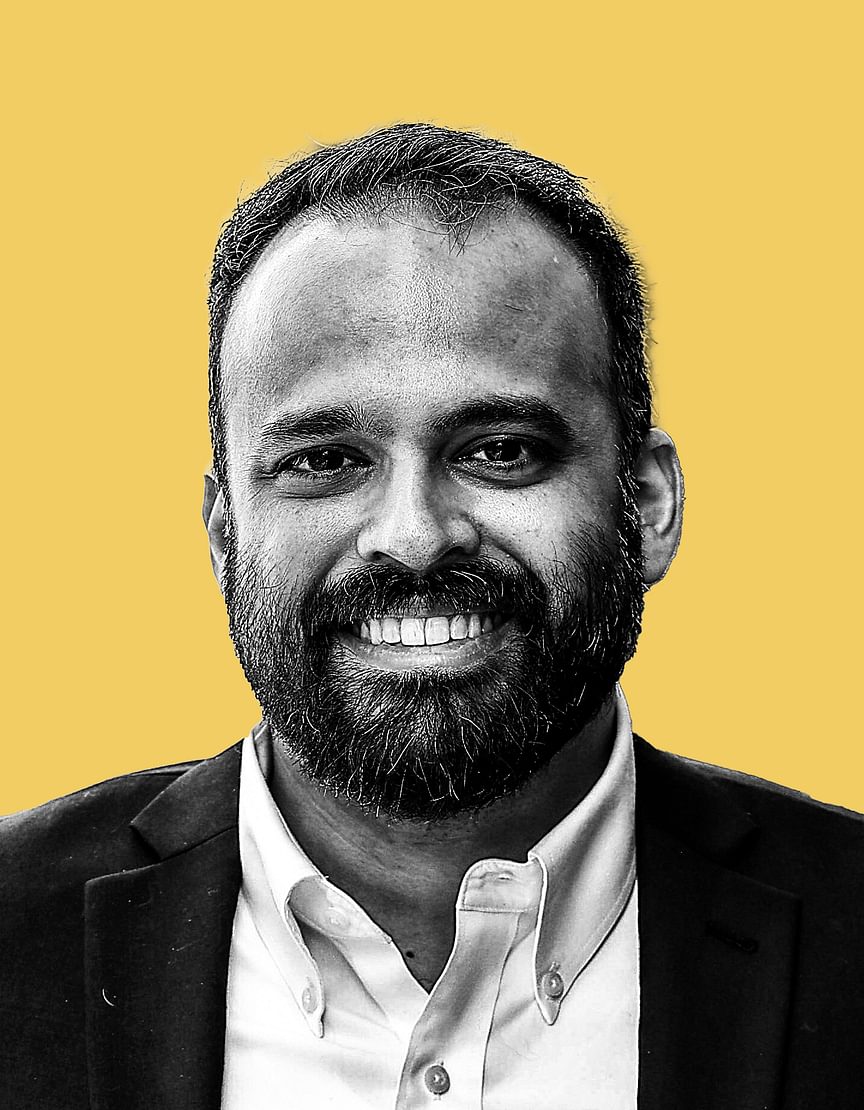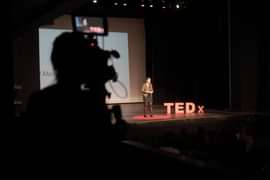
May 06, 2024
Reimagining home
Rohit Acharya ’04 uses machine learning to power community developmentby Joseph Kahn ’67
Change in communities is inevitable—but when impoverished areas become more prosperous, longtime residents are often pushed out. Using machine learning, Rohit Acharya ’04 has discovered a formula for neighborhoods to resist gentrification.
The co-founder of Common Good Labs, a Pittsburgh-based organization that uses data to improve lives and communities, Acharya studied 3,500 neighborhoods nationwide in which 30 percent or more of residents live below the federal poverty level. By processing millions of data points from multiple sources, he discovered nearly 200 neighborhoods that managed to improve their economic situation without forcing people out.
“Communities are complex organisms, and we want them to thrive,” says Acharya. “Practically, though, what does that mean? We’ve found that half the battle is getting the people to identify the problem.”
One success story is Boston’s Uphams Corner in Dorchester, where poverty rates decreased by 10 percentage points or more from 2000 to 2015 without significant changes in the size of the Black or Latinx populations. Using a pattern-recognition algorithm, Acharya identified what successful communities like Uphams Corner have in common and landed on eight key factors. None does much on its own, but if a large number are present, the neighborhood is likely to thrive.

The recipe for success contained a combination of three factors outside the community, including positive economic growth in the surrounding metropolitan area, lower homicide rates in the local county, and low risk of displacement from nearby communities. Five internal factors that made a difference across the board were higher rates of homeownership, lower residential vacancy rates, increased housing density over time, greater rates of self-employment, and the presence of community-building organizations.
“You don’t always see the data and human stories combine so well,” he says. “There’s usually a tension between the quantitative and qualitative. In this case, they’re telling the same story.”
Acharya’s takeaway: any neighborhood can improve and resist gentrification if government leaders, planners, and developers work together to provide the right conditions.
Common Good Labs’ early research was published in 2022 by the Brookings Institution, a leading public-policy think tank. “‘This is the story we’ve been trying to tell,’ they said, ‘and you guys have hit it on the head’,” recalls Acharya.
“There is a lot of negativity around what can or can’t be done about poverty in this country,” Acharya adds. “But the data is useful for finding answers and identifying ways to improve. It shows positive change is possible.”
Q: What’s a breakthrough in your field that people might not know about but should?
Machine learning is key to the future of community planning and development. It’s a roadmap toward positive change and gives agency to citizens to exercise more control over their environment.
Other Stories
Andover’s vision for creating a pipeline of rising leaders.




